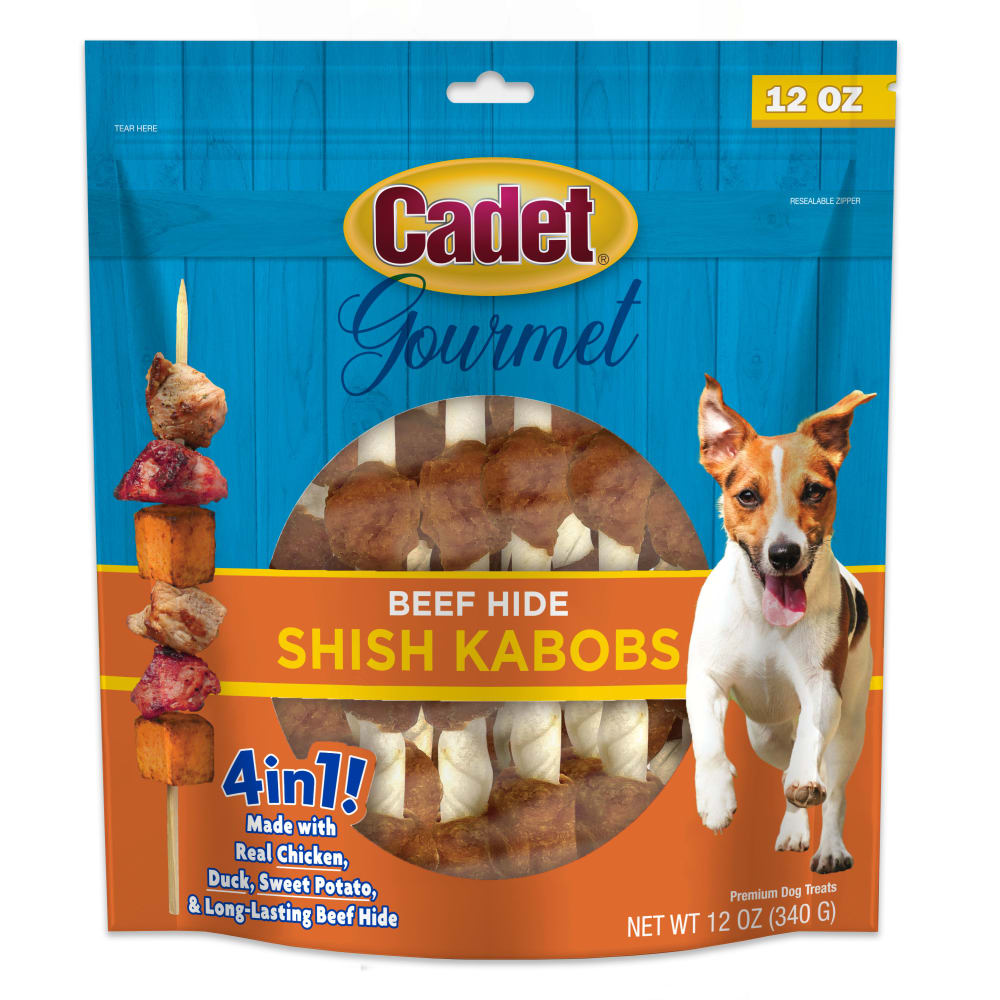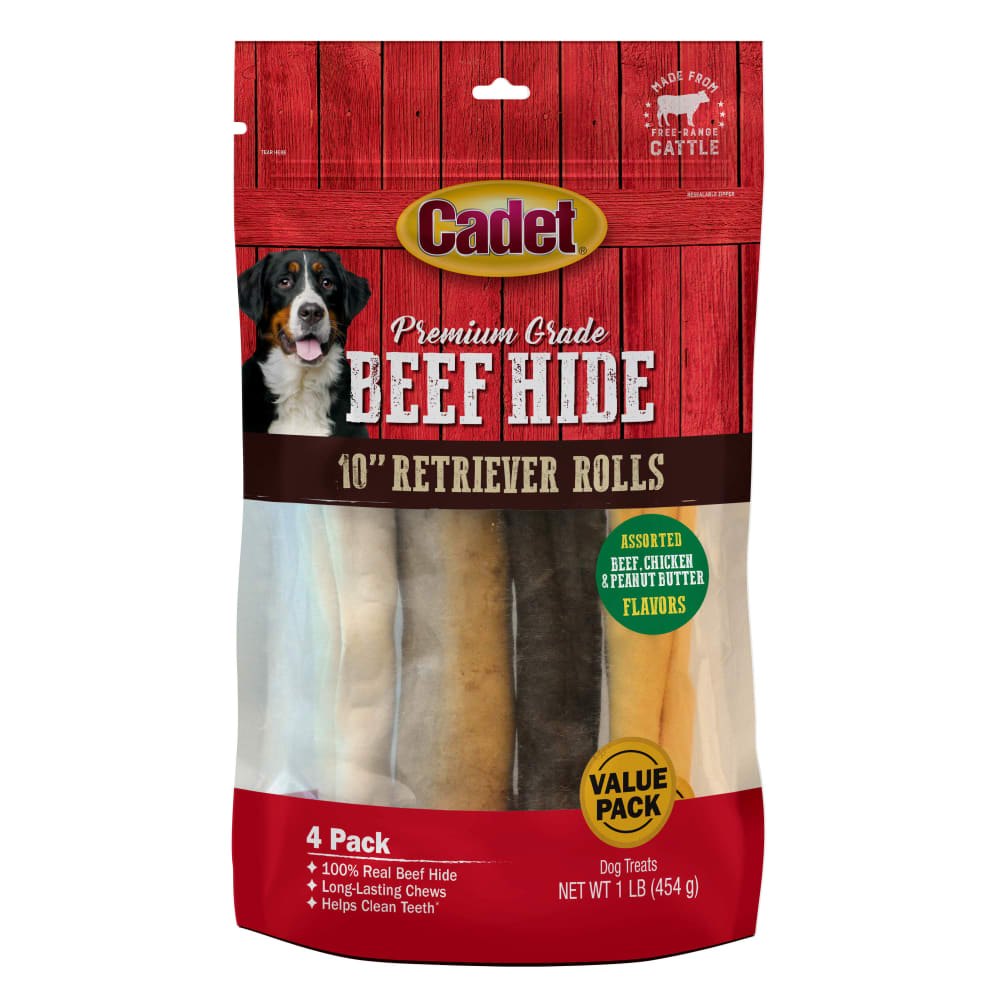How to Manage Your Dog’s Seasonal Allergies
Just like humans, dogs are susceptible to seasonal allergies. From the pesky runny nose to an uncomfortable bout of itchy skin, dogs can often experience allergy symptoms during specific times of the year when allergens become prevalent.
Here are several ways to identify seasonal dog allergies, manage symptoms, and get your furry friend back to their usual self!
What Causes Seasonal Allergies in Dogs?
Allergies are the result of immune system hypersensitivity to a particular substance called an allergen. If your furry friend has seasonal allergies, it means they are hypersensitive to one or more seasonal allergens that are typically widespread in the fall or spring. These allergens include grass pollen, tree pollen (cedar, pine, oak, etc.), and weed pollen (ragweed, sagebrush, etc.).
Your dog may encounter any of these fairly common allergens by brushing against them or simply inhaling their particles. Additionally, it is believed that some canine allergies may be inherited from one dog to their offspring, according to VCA Animal Hospitals.
Dog Seasonal Allergy Symptoms

Some of the most common symptoms of seasonal dog allergies are skin irritation and inflammation. If an allergen touches your dog’s skin, this area may become itchy. Excessive itching can cause problems such as hot spots and hair loss if not addressed early on. If you notice your dog scratching, try using an anti-itch spray for pets.
Similar to human allergy symptoms, other dog seasonal allergy symptoms include red or watery eyes, a runny nose, coughing, and sneezing. Recurring ear infections may suggest your dog is having a reaction as well. To be sure your dog is experiencing seasonal allergies and not another issue, please consult your veterinarian.
How to Care for a Dog with Seasonal Allergies

There are little things you can do to manage your dog’s seasonal allergies that can make a big difference. Help your furry friend live life to the fullest and support their overall wellness by following these methods as necessary.
Exercise
You should steer clear of parks, fields, and forests that are full of offending allergens when walking or hiking with a dog who has seasonal allergies. You may also want to think about the time of day you take your furry friend outside; certain allergen counts peak at different times, according to WebMD.
Hygiene
Washing or wiping down your dog’s paws after a trip outside will help lessen the number of allergens they bring into your home. You can even give your dog frequent baths to relieve itchiness by washing away allergens from their skin and coat. Consider using hypoallergenic dog shampoo enriched with oatmeal to gently moisturize and soothe.
House Cleaning
Whether they love to hide under the couch or rest on a pillow by the windowsill, make sure your furry friend’s common areas are clean and free from allergens. Regularly vacuuming, cleaning the floors with pet-friendly cleaning agents, and putting your dog’s bedding in the laundry will remove allergens and help your pup tremendously.
Medication
Over-the-counter antihistamine medications may help relieve your dog’s seasonal allergy symptoms. Before giving your dog any of these medications, however, you should speak with your veterinarian or pharmacist. Dosages vary from one dog to the next and some drug interactions can be dangerous.
A veterinarian may prescribe allergy and itch medications in more severe instances. They might even recommend allergy injections to provide long-lasting relief and improve your dog’s quality of life.
Supplements
Providing your dog supplements is another way to lessen their allergy symptoms. Fish oil contains Omega-3 fatty acids, which have been found to help reduce inflammation and reactions to pollen, while coconut oil can improve dry, itchy skin and reduce reactions as well, according to PetMD.
RELATED: Can Dogs Eat Salmon? What You Need to Know
Take on the Season!
Seasonal allergies come and go every year. By following these tips and finding the proper treatment, you can help your Cadet live their very best life with minimal symptoms.





